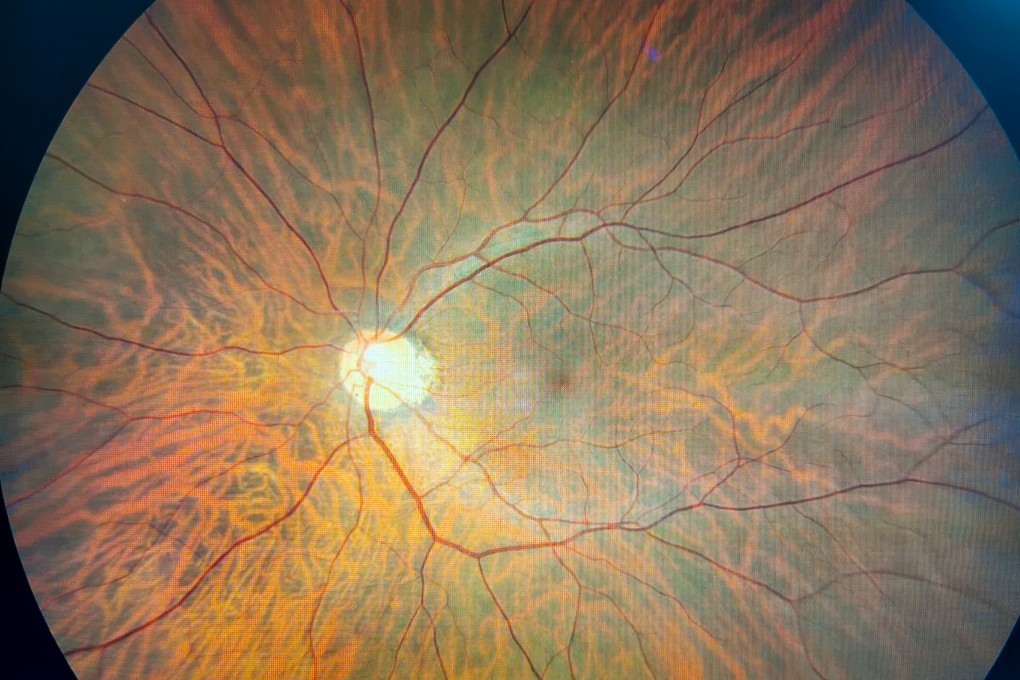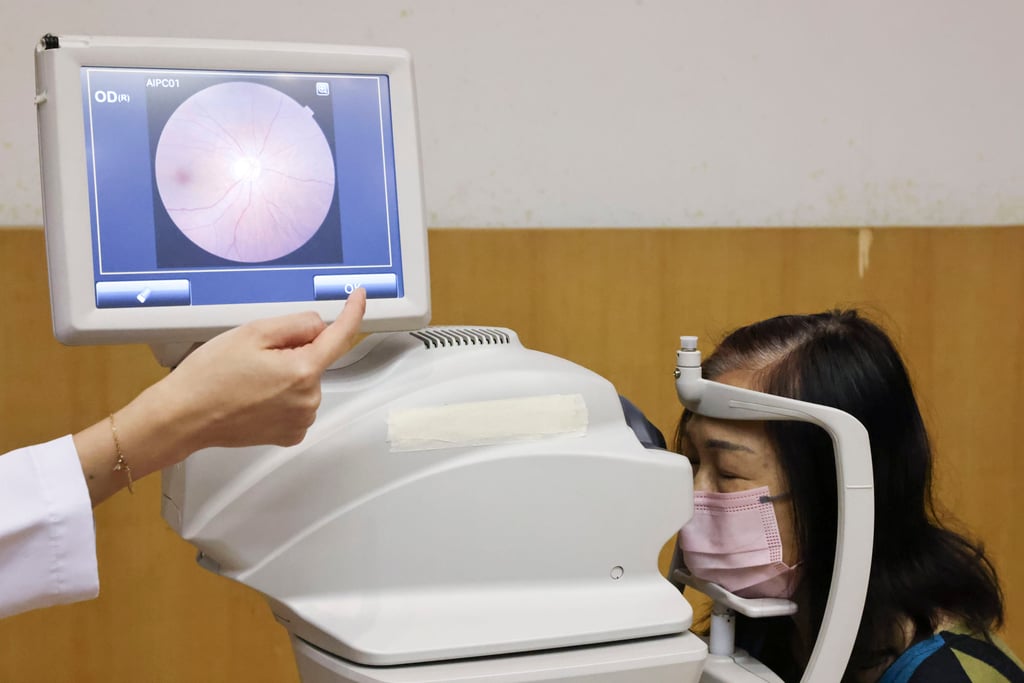Hong Kong scientists develop faster way to screen for Alzheimer’s disease using AI model that reads retina scans
- New method could enable patients, who will receive their results immediately, to benefit from early intervention
- It currently takes two years for public hospital patients to get a diagnosis for Alzheimer’s disease

A team of Hong Kong scientists has developed the world’s first artificial intelligence (AI) model that can detect Alzheimer’s disease by reading a patient’s retina images, potentially enabling more people to benefit from early intervention.
The findings, announced by a team of researchers from the Chinese University of Hong Kong (CUHK) on Wednesday, have been published in The Lancet Digital Health. The screening, with an accuracy of more than 80 per cent, could become publicly available within a year.
The model is based on a known correlation between Alzheimer’s disease and the retina. While the scientific community has yet to precisely pinpoint the microscopic changes in blood vessels and nerves developed in patients’ eyes, researchers deployed the power of AI to find a solution.
In the study, researchers trained a deep learning model to distinguish patients by feeding it 12,949 retinal photographs of 648 people with Alzheimer’s disease and 3,240 healthy adults from 11 clinics in Hong Kong, Singapore, Northern Ireland and the United States. Upon validation, the model produced an accuracy of 84 per cent in detecting those with the condition.

This is the world’s first AI model that can reliably detect Alzheimer’s disease using only retinal photography and supported by a large sample size. For a city with a rapidly ageing population, the CUHK researchers hope more patients will benefit from accessible screening and ultimately, early intervention.
“I’d envisioned that at the specialist clinic we would have the camera set up in a dark room, where the patient does the imaging. We can even tell them the result before they leave,” said Professor Vincent Mok Chung-tong, director of the Research Centre for Prevention of Dementia at CUHK’s faculty of medicine.